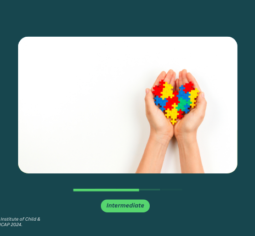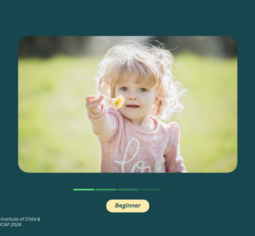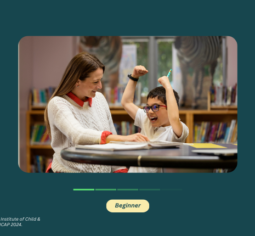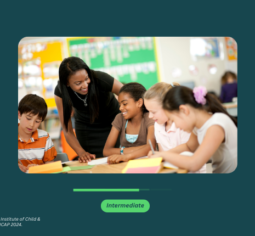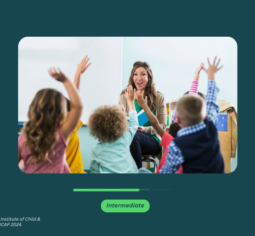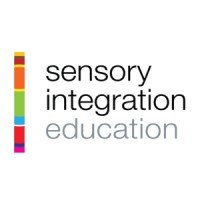Course Content
Module 1: Introduction to Safeguarding
-
Initial Assessment
-
Overview of Safeguarding
-
Role of Educators in Safeguarding
Module 2: Types of Abuse and How to Respond
Module 3: General Safeguarding Practices
Module 4: Keeping Children Safe in the Classroom and on the Playground
Module 5: Keeping Children Safe from Objects and Hazards
Module 6: Reporting and Record-Keeping
Module 7: Conclusion and Assessment
About Course
Instructor
15 Courses
The Institute of Child & Adolescent Psychology (ICAP) is a pioneering institution that serves as both an online and offline marketplace connecting instructors and students in the field of child…
2 Courses
CIPPO, the Child Integrated Psychology Programs Organization, is a pioneering institution dedicated to the holistic well-being and development of children. Founded in 2017, CIPPO operates on the belief that a…
Student Ratings & Reviews
It was very beneficial actually
I felt that the safeguarding course wasn’t as beneficial as some of the other courses. The content could have been more concise, focusing mainly on the basics and how to effectively deal with children in safeguarding situations .
Yes, it was perfect, so I chose it as soon as I had the chance to choose. Thank you very much for your efforts and valuable information.
Thank you so much for such an integrated course!
It was really helpful
Great
It was a good match and providing me with a crucial information. Thank you!
It had all what one might need to know about safeguarding children ...
nice experience









